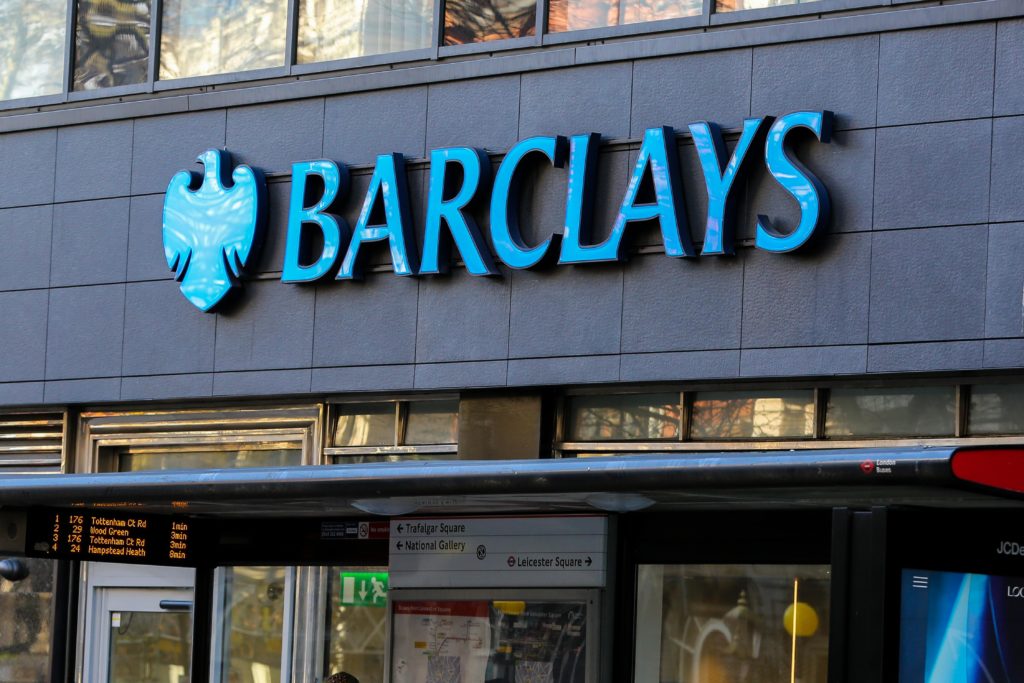
Right around 110,000 independent ventures applied for another crisis advance plan in the primary hours after it propelled yesterday in an indication of the huge strain on the nation’s riches makers.
Entrepreneurs hurried to take out credits of up to £50,000 under the Treasury’s new citizen sponsored Bounce Back Loans Scheme, in the midst of a developing fuss for alleviation following a long time of lockdown. On the off chance that all the organizations looking for Bounce Back loans money made sure about everything, it would come to almost £5bn of loaning in a solitary day.

Anne Boden, the CEO of Starling, disclosed to MPs she was worried that bank forms “won’t take the strain” and she thinks there could be a “scale issue here”.
Inside a couple of hours, interest for the program had obscured a current coronavirus credits bundle which has been open for a considerable length of time and experience harsh criticism for neglecting to get cash to where it is required.
By 5pm, Lloyds said it had gotten more than 26,500 applications for the credits while Natwest proprietor Royal Bank of Scotland had been sent around 30,000 and Santander 18,000.
HSBC said it had gotten 34,500, albeit 14,700 were from new clients who expected to finish extortion checks first. Barclays had recorded 6,000 applications by 2pm and didn’t refresh its figures.
The Bounce Back loans are focused at the littlest organizations in Britain with a turnover of under £200,000 every year. They are offered by banks at ultra-low loan fees and are 100pc ensured by the citizen.
Rishi Sunak, the Chancellor, propelled the new advance program in light of analysis over the Coronavirus Business Interruption Loans Scheme (CBILS), which was set up right off the bat in the Covid-19 emergency and is accessible to organizations turning over up to £45m.
This has pulled in only 52,807 applications regardless of being accessible since March, in the midst of cases it is excessively bureaucratic and claims that banks have been stalling.
The CBILS offers just a 80pc citizen ensure, takes longer and requires candidate data.
The new plan doesn’t expect organizations to demonstrate they will be feasible in coming months. It was dreaded this test was outlandish for some organizations to pass given the tremendous vulnerability brought about by the coronavirus.
Senior brokers revealed to MPs they had been overflowed with request inside hours of the program’s dispatch. Barclays recorded 200 applications in its first moment of opening and Lloyds got 5,000 applications by 10am with a normal credit size of £35,000.
Barclays UK boss Matt Hammerstein said those 200 applications were affirmed in practically no time and will be paid inside 24 hours. The bank was proceeding to get a normal of 35 applications per minute as of Monday morning.
In any case, the rearranged application process has concerned bank managers, who dread they could in the end be censured for supporting unstable organizations in disobedience of City rules.
Subsequently sources said the last terms of the program were not concurred until 9.30pm on Sunday. Brokers had would have liked to maintain a strategic distance from another very late understanding after the CBILS expressions were sent to them at 3am the day it propelled, however their feelings of trepidation around the new advances plot stayed as dealings proceeded.
Addressing MPs on the Treasury Select Committee, RBS business banking boss Paul Thwaite stated: “Under terms of the assurance concurred before the end of last night, it’s certain that moneylenders need to receive their ordinary procedures to [debt] assortment.
“Natwest and different associations will be dependable and need to treat clients in their ordinary recuperations approach pushing ahead.”
The CBILS plot, where the citizen is at risk for 80pc of the hazard and banks the staying 20pc, has been intensely reprimanded for being excessively moderate. Clergymen trust Bounce Back loans will arrive at organizations unmistakably more rapidly.
The financial business has been assaulted for delays in getting state-supported credits out, either by not reacting rapidly enough or pushing entrepreneurs towards increasingly costly alternatives. Financiers have contended that comparable plans in Europe have cash out quicker on the grounds that they are completely state-supported.
Denying claims that banks were dismissing firms in especially hard hit parts, Mr Thwaite revealed to MPs that over a large portion of the applications to RBS for CBILS advances were from relaxation, retail and cordiality.
The citizen supported bank has expanded its workforce by 50pc to manage the surge of interest for the new miniaturized scale credits, he included. The credits permit organizations to acquire up to £50,000, contrasted with CBILS which stretches up to £5m.
Mel Stride, administrator of the Treasury board of trustees, told banks they were “directly at the focal point of the story on how well the economy adapts” through this emergency and he would be intently observing how rapidly credits are given.
Also Read: Fed’s Harker Warns about Restoring Economy too Quickly






